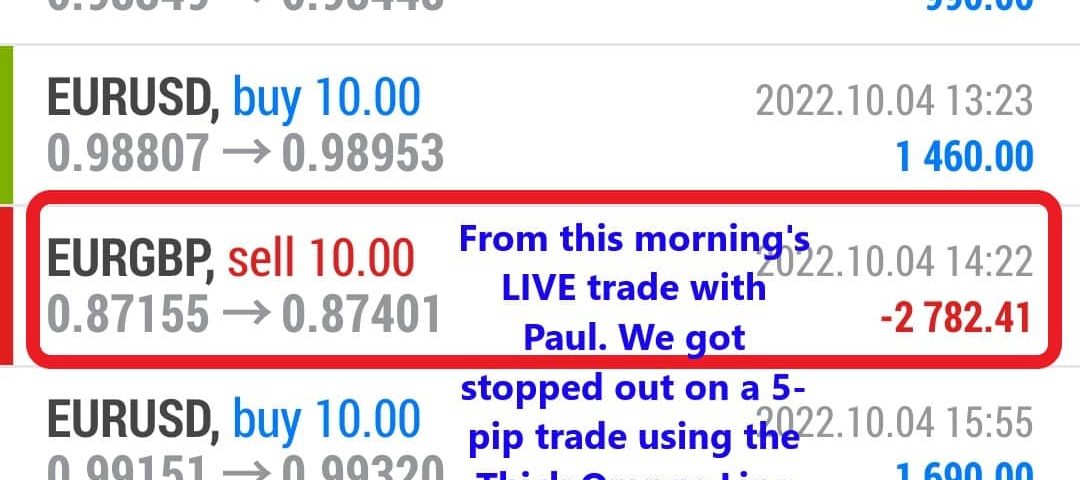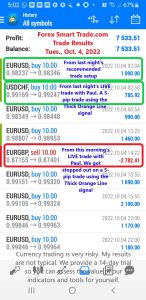We intend this lesson as an introduction to the mechanics behind retail forex trading.
We aim it at forex traders wishing to gain a practical understanding of how forex brokers manage their risk and make money.
The trading process is not always transparent.
And there are multiple ways in which we can execute an order with different risks associated with each.
Let’s take the time to understand how orders are executed.
Then you’ll be able to differentiate between forex brokers and can make a more informed decision when choosing one.
Let’s begin!
Counterparties
When you place a trade order in your broker’s trading platform, and the order gets executed or “filled”, where does the trade go?
It actually goes nowhere.
The definition of a broker is an intermediary that executes a trade on behalf of its clients. While the definition of a dealer is a person or entity that trades on its own account.
Retail forex brokers do NOT trade on behalf of their customers. They are dealers.
A retail forex broker trades on its own account by taking the opposite side of its customers’ trades.
The term “forex broker” is really a marketing phrase.
Retail forex “brokers” are actually retail forex dealers.
All retail forex brokers regulated in the U.S. are formally referred to as “Retail Foreign Exchange Dealers” or RFEDs.
So why do retail forex dealers market themselves as “forex brokers”?
Maybe because it sounds better? Or sounds friendlier?
Who knows?
The main point is if we wanted to be technically accurate, we should use the phrase, “forex dealers“.
But since the phrase, “forex brokers” is so popular and has been seared into everyone’s minds already because of effective brainwashing marketing, from now on we’ll still refer to them as “forex brokers”.
Good job marketing folks from the retail forex industry!





